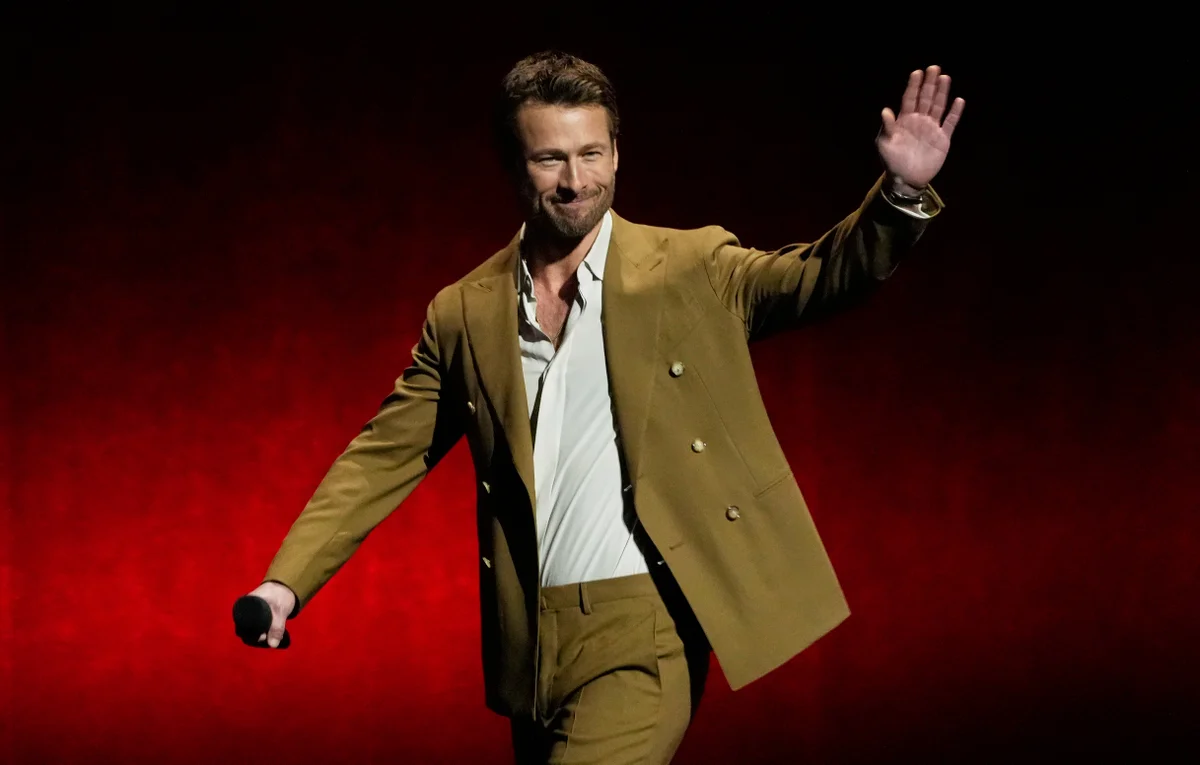By Femi Olugbile
Copyright businessday

Nigeria has just attained the grand age of sixty-five.
If the nation were to be a person, he would be coming to the age of ‘Retirement’ in many countries of the world. Some people at that age feel that their most productive years are already behind them. They may suffer an existential Depression. Some others, freed from the tedious burden of a routine career, may see themselves released into a new lease of life, where the best is yet to come.
A ‘Nation’ is, of course, not the same as a person.
This brings up the first issue in a close examination of the Nigeria project.
Is Nigeria a ‘Nation’ – yet?
A dictionary definition of the noun ‘Nation’ would read as follows:
‘A body of people united by common descent, history, culture or language, inhabiting a particular territory.’
It would be immediately obvious to any discerning eye that Nigeria at inception was not a ‘nation’ by this definition. It was an agglomeration of many nations – more than two hundred ethnic nationalities cobbled together in a ‘geographical expression’. Even the name ‘Nigeria’ was the product of a whimsical inspiration from the consort of a certain Lord Lugard, a servant King George V of Great Britain.
Sixty-five years ago, Nigeria took on the responsibility of self-government. It has struggled since to become a nation, despite the flag and other appurtenances of nationhood.
While some people agitated for the Independence that eventually arrived on 1st October 1960, it would be historical falsehood to deny the fact that some people fought against it. An early quote from Sir Alhaji Abubakar Tafawa Balewa is instructive here. On the floor of the Northern House of Assembly in 1952, he said
‘…Since the amalgamation in 1914, the British Government has been trying to make Nigeria into one country, but the Nigerian people are different in every way, including religion, custom, language and aspiration…the fact that we’re all Africans might have misguided the British…’
He was not being extreme, only frankly realistic. From the beginning, the self-views and aspirations of the different peoples were only in sync in a very superficial way. One group believed they ‘owned’ the nascent nation by virtue of an aborted ‘jihad’ that had swept through much of its territory and imposed hegemony in precolonial times. Another group believed that their people, known for energy and enterprise, were ‘superior’ to others, and it was their destiny to lead – not just Nigeria, but all of Africa. Yet another group wanted to build on their antecedents of a historical empire plagued with internecine warfare that wreaked carnage and left few monuments to construct a modern nation along the new ‘Western’ model, using the instrumentality of Western education. And then there was a huge block of others, the ‘Minorities’ – several nationalities strong, who felt their very future threatened by the overbearing presence of the ‘Big Three’ nationalities.
A lot of water has passed under the bridge in sixty-five years. Constitutions have come and gone. There has been a Civil War, and there have been long stretches of military rule. The country is in its fourth iteration of life as a ‘Federal Republic’ – an unhappy polyglot entity with a Unitary system of governance.
A lot has been said and written about how and why Nigeria has failed to achieve its great potential so far.
From the standpoint of Psychology, it seems odd that there has been no intentional effort to acknowledge and ‘work through’ the fundamental psychological incongruencies of the constituent parts of the nation, and harmonise, or at least modulate, them. These group mindsets have often determined the outcomes of major national issues. While politicians mouth platitudes in public, the reality is that every group has an agenda, and those agendas all too often dictate actions and alliances. There is a predatory ‘grabbing’ instinct in most inter-group interactions, and a paranoid mind-set in which everyone is suspicious of the intentions of the others. Lies, chicanery, betrayal, horse-trading – these have been the order of the day.
It may seem simplistic and reductionist, but the problems of Nigeria – including corruption, insurgency, kidnapping, economic woes, rampant poverty, the largest population of out-of-school children in the world – may be viewed, and possibly solved, through the prisms of the Moral and the Structural.
There is no agreed system of Values operational in the country. Right and wrong are not clearly demarcated. There is no consensus about doing right. Law-making as it is practised is substantially irrelevant to the daily realities of the people’s lives. Law enforcement is a joke. There is virtually no consequence to obvious wrongdoing, and impunity is rampant. This cannot continue, and there is a need for an intentional effort at national cleansing and reinvention of institutions.
The Unitary structure of the country, where national life consists of a desperate rush to outdo others and grab the ‘national cake’, is calculated to bring out the worst in the psychology of all the ‘federating’ peoples of Nigeria. It is necessary to restructure and devolve power and responsibility to the base, and to create functional aggregations and collaborations between existing states to reduce waste and maximise efficiency.
Nationalistic slogans that have always exhorted Nigerians to be ‘brothers and sisters’ should be practicalised with conviction. Nobody should feel preyed upon by any other in terms of territory or anything else they hold dear. Everyone must formally renounce any notion of being ‘superior’ to anyone else. There needs to be a common version of History taught to the next generation. There are no out-and-out ‘Saints’ or ‘Sinners’ in the Nigerian story. Indoctrinating the next generation with hubris or victimology or imbuing them with the entitlement mentality of ‘ownership by conquest’ will not create citizens of a great nation.
Nigeria remains a tantalising possibility and a compelling lodestone for Nigerians to work towards. A determined ‘Retirement’ from old habits of mind is a necessary first step on the journey.



